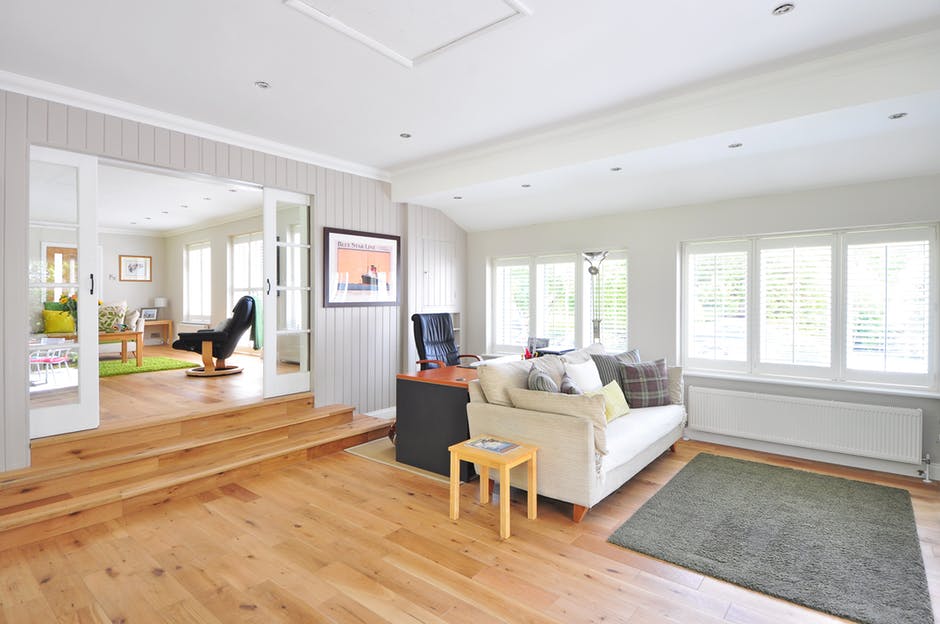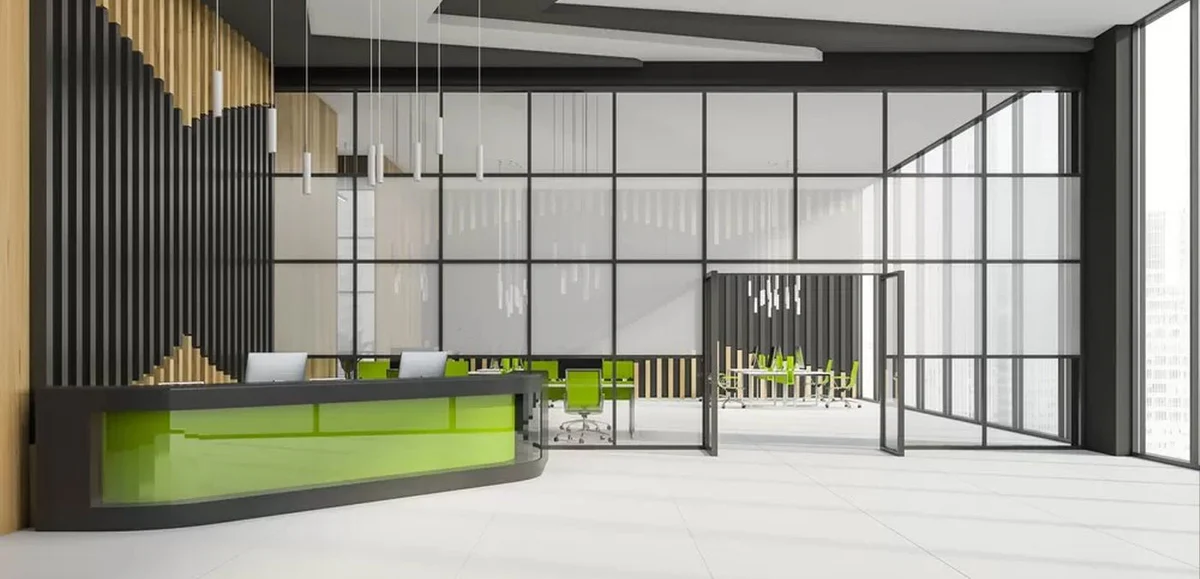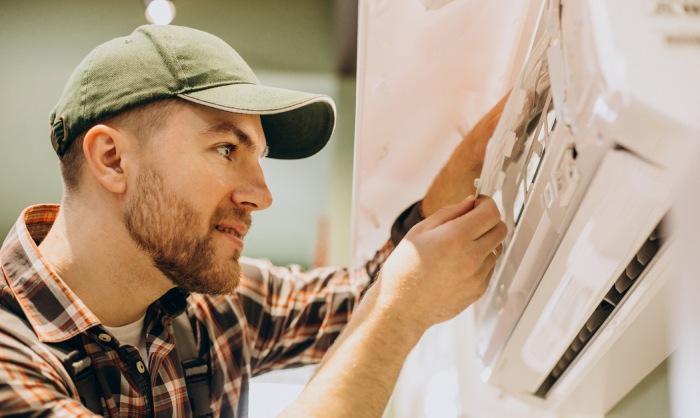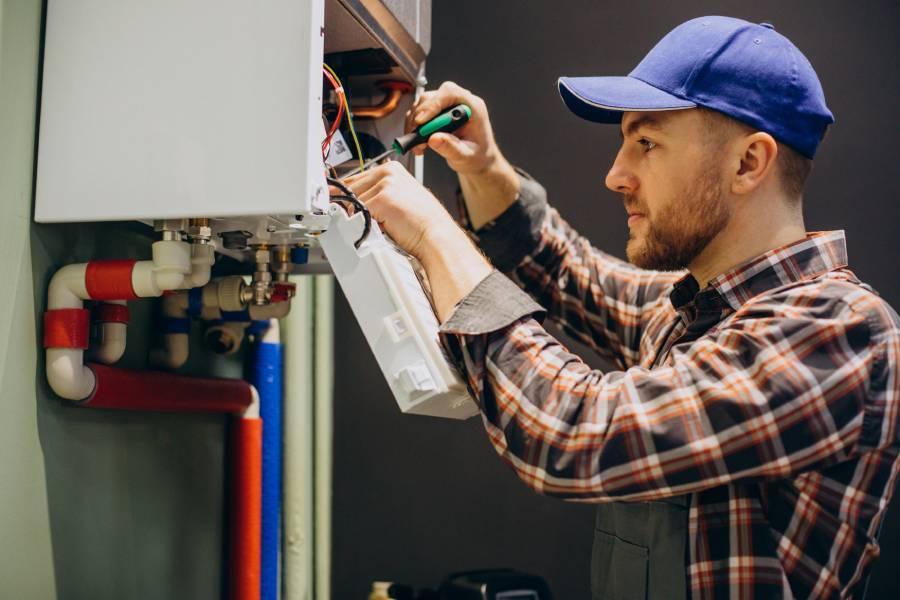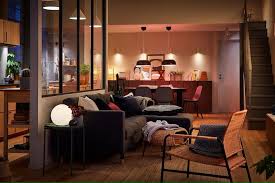If, like millions of Americans over the past year, you have decided to invest in the home improvements that can turn your home into your castle, you might be contemplating new floors. If so, there are many, many choices ahead. You may already be overwhelmed by all of the flooring company recommendations and dizzying guides to the hundreds of different flooring materials out there.
Instead of causing further confusion, we thought we’d shine a spotlight on just one material – engineered hardwood. Engineered hardwood is a gorgeous, affordable, and increasingly popular flooring material in a variety of decor contexts. Read on to find out literally everything you need to know about engineered hardwood flooring.
1. What is Engineered Hardwood?
First, let’s break down what engineered hardwood actually is. In a nutshell, engineered hardwood is a type of wooden floorboard that is made up of various different types of wood combined. Typically, all of the components will be natural, 100% organic wood.
Engineered hardwood is not fake wood. Rather, it is a single floorboard made up o two layers, each containing blends of different, complementary wood materials. There are no chemicals or additives at all in real engineered hardwood floors.
2. How Much Does Engineered Hardwood Cost?
If you are considering different flooring options, the cost will be at the forefront of your mind. This is why you should consider engineered hardwood. On the whole, engineered hardwood offers many of the benefits of premium wood floorboards at substantially lower costs. On average, standard engineered hardwood floorboards cost $4-7 per square foot.
For ultra high-end engineered hardwood, you can expect to pay between $8 to $12 per square foot. This is substantially cheaper than many other high-quality flooring options. Of course, what you will pay will depend on certain factors, including the thickness of the floorboards and the wood blends involved.
3. Where is Best to Install Engineered Hardwood?
You might be wondering where engineered hardwood is a suitable option. Engineered hardwood has a sleek, minimalist, and clean aesthetic. It is also one of the most durable types of floorboard on the market.
This makes it ideal for high foot traffic areas such as your hallway. It also makes engineered hardwood ideal for public buildings and trendy offices. You can see more details about the kind of environments where engineered hardwood can have a high impact.
4. Main Benefits of Engineered Hardwood
Now, let’s break down some of the key benefits of engineered hardwood. Perhaps most importantly, it is one of the most durable and long-lasting floorboard options out there. Engineered hardwood lasts longer and is much more able to withstand moisture and water damage than most other types of wood.
In addition, it is a great way to add premium wood to your home without having to pay full price for it. Furthermore, engineered hardwood is often the more environmentally friendly option, since much of it is made from leftover waste wood.
Elevate Your Home Today
Understanding engineered hardwood can help you make the right steps to elevate your home without breaking the bank. For more essential home improvement insights, we have got you covered. Make sure to consult our dedicated Home Improvement section to learn more.







